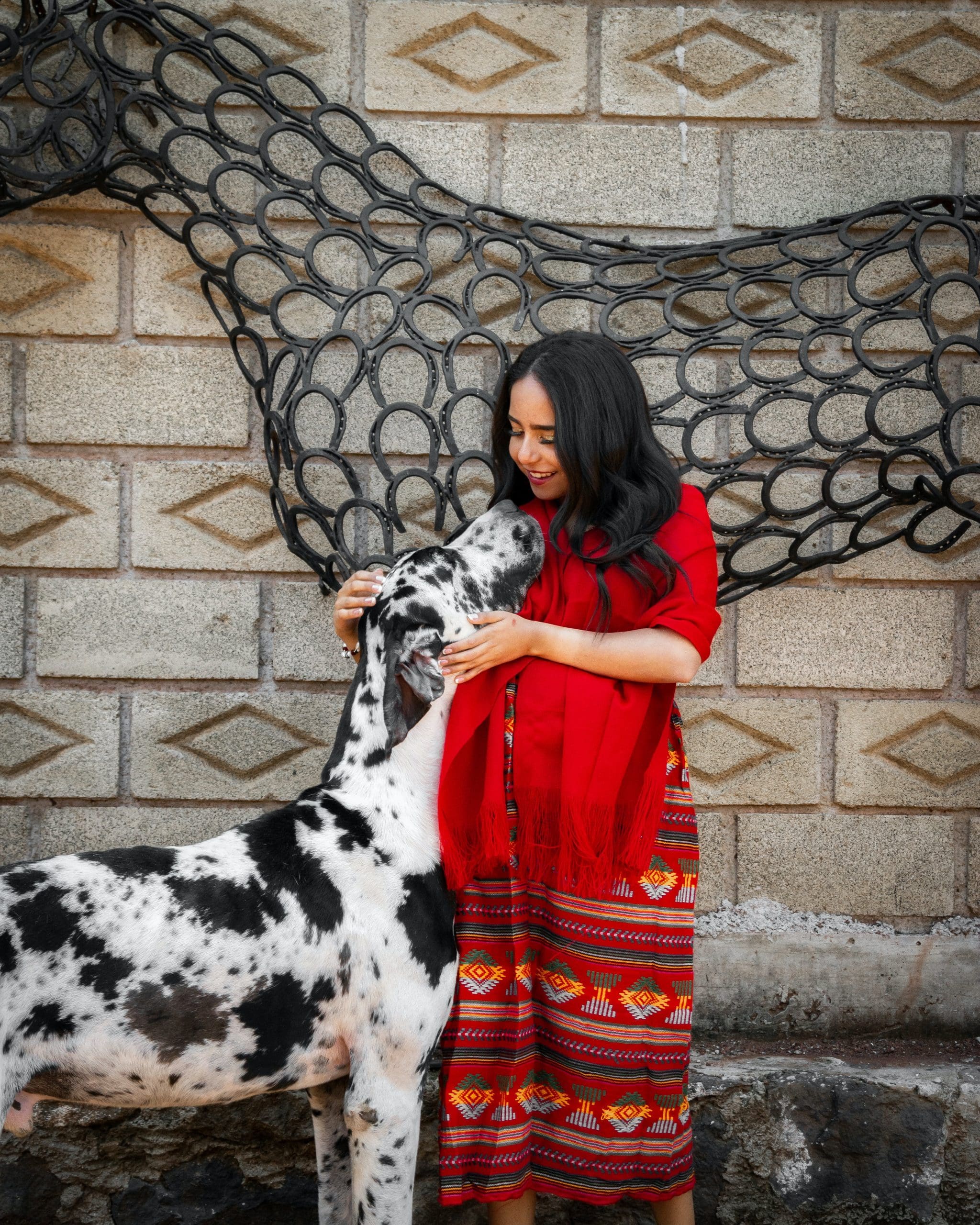Bringing a puppy into your life is an exciting adventure filled with joy, laughter, and a few challenges along the way. One of the most common questions new puppy owners face is, “How big will my puppy get?” Knowing your puppy’s future size can help you prepare for the upcoming changes in your home and lifestyle. While every dog is unique, several factors can help estimate how large your puppy will become.
Breed Considerations
The breed of your puppy is a significant factor in determining their adult size. Different breeds exhibit distinct growth patterns and size ranges. For instance, a small breed like a Chihuahua will weigh significantly less than a large breed like a Great Dane. Understanding your puppy’s breed provides a starting point for estimating their size. In the case of mixed breeds, consider the sizes of the breeds in their ancestry. Often, a puppy’s size can be estimated based on the size of their parents, which can be invaluable for gauging their future growth.
Age and Growth Rates
The puppy’s age also plays a crucial role in growth estimation. The growth rate varies dramatically during the first year. Puppies grow rapidly, especially in the first six months, after which their growth may slow, but they will still continue to fill out for several more months. Generally, smaller breeds reach their adult weight faster than larger breeds, which can take up to two years or more to fully mature. For young puppies, observing their growth during these initial months can aid in estimating their adult size.
Estimating Adult Weight
A common method to estimate a puppy’s adult weight involves their current weight and age. A rough estimate is to take your puppy’s weight at four months and double it, providing a ballpark figure for adult weight. While this method is not foolproof, it can give a general idea. It works best for medium to large breeds, as smaller breeds may not follow the same growth pattern.
Online Weight Calculators
Various puppy weight calculators are available online, which can assist new puppy owners in determining their dog’s future size. By inputting your puppy’s current age and weight, these calculators can estimate their adult weight. However, caution is advised, as these tools often rely on average growth patterns and may not account for individual variations.
The Role of Nutrition
Nutrition is vital for a puppy’s growth and development. A balanced diet is essential for healthy growth, so choosing high-quality puppy food that meets nutritional needs is crucial. Feeding the appropriate amount based on age and breed significantly influences growth. Overfeeding can lead to excessive weight gain, while underfeeding can stunt growth. Consulting a veterinarian about your puppy’s diet ensures proper nutrition for healthy development.
The Impact of Genetics
Genetics also play a role in determining how big your puppy will get. Dogs inherit traits from their parents, meaning that if the parents are large, the puppies are likely to be larger. Conversely, smaller parents may lead to smaller puppies. Even within the same breed, there can be size variations based on genetics. For example, two Golden Retrievers can produce puppies of differing sizes, depending on their genetic backgrounds.
Importance of Physical Activity
Regular exercise is essential for your puppy’s overall health and growth. Engaging in age-appropriate activities helps develop strong muscles and bones. Puppies should have opportunities to explore and play, but it’s crucial to avoid over-exercising young puppies, as their joints and bones are still developing. Striking a balance between playtime and rest is key for healthy growth.
Monitoring Growth and Vet Visits
Monitoring your puppy’s growth is essential. Regular vet visits help track weight and ensure they are on the right growth trajectory. Veterinarians can provide insights into what to expect as your puppy matures and address any concerns about their growth and development. Significant changes in growth rate warrant consultation with a veterinarian to rule out any underlying health issues.
Living Situations and Size Considerations
As your puppy grows, consider how their size will affect your living situation. Larger dogs typically require more space, both indoors and outdoors. In smaller apartments, accommodations for larger breeds may be necessary. Additionally, larger dogs often need more exercise, impacting daily routines. Understanding your dog’s future size helps in planning accordingly.
The Role of Socialization
Socialization influences a puppy’s growth and development. Exposing your puppy to various environments, people, and other animals fosters well-adjusted adults. This experience is particularly crucial for larger breeds, which can be more intimidating to others. A well-socialized puppy is more likely to grow into a confident adult dog.
Embracing the Journey of Puppyhood
While it’s natural to wonder how big your puppy will get, focusing on the journey of raising them is equally important. Puppies grow quickly, and each stage of their lives brings new challenges and joys. Embracing this time allows you to enjoy watching them grow and develop their unique personalities. Building a strong bond now will lay the foundation for a lifelong relationship.
Every dog owner will have their own experience with their puppy’s growth. Some might be surprised by how big their puppy gets, while others may find their puppy remains smaller than expected. Regardless of size, the love and companionship that dogs provide are what truly matter. As you navigate the joys and challenges of puppyhood, remember that your puppy’s size is just one aspect of their overall well-being.



